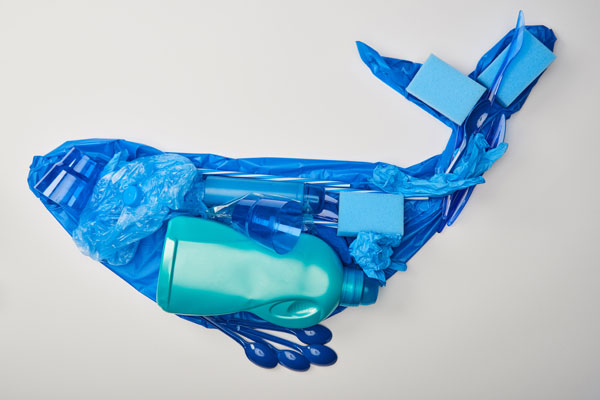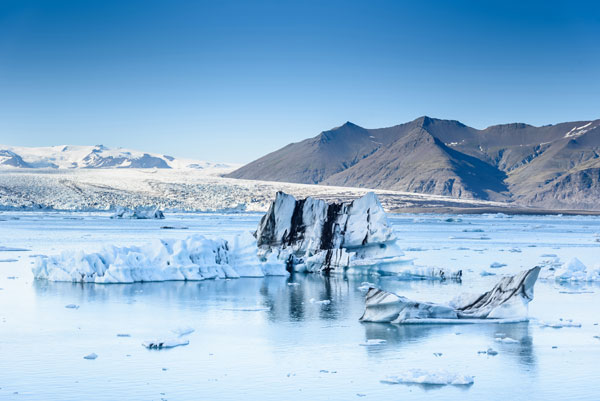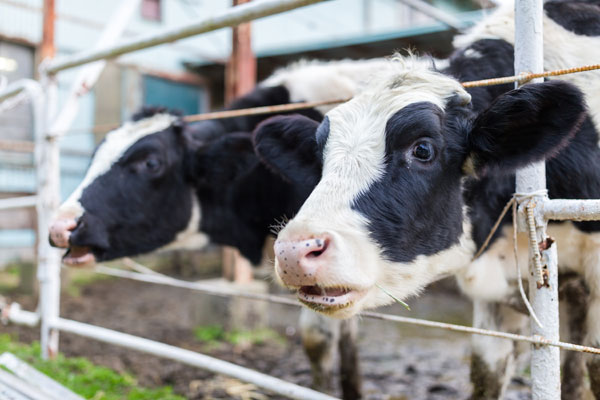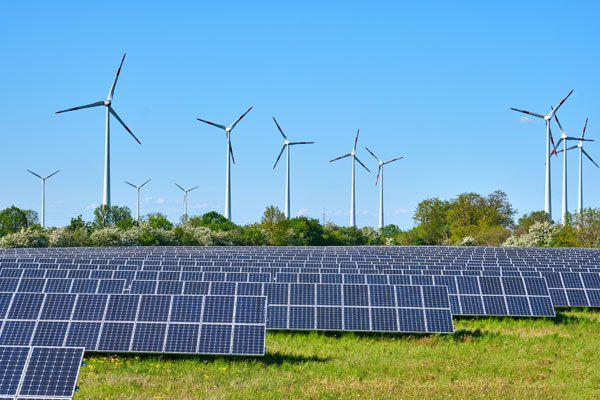
27 Aug You Can Do Your Part To Save Mother Earth
With everything going on in the world right now, you might be asking yourself, “Who will preserve the planet?” The answer is for all of us to work together to take big and small actions that have a long-term influence.
Every day, we make decisions that may seem insignificant at the time, but they mount up over time. The good news is that we can all live a sustainable existence by making a few easy changes to our behaviors
Climate change, according to the United Nations, is not only the defining issue of our day, but also a defining moment in history. Weather patterns are shifting, posing a threat to food production, and increasing sea levels might result in catastrophic flooding around the world. Countries must take dramatic measures to avert irreversible damage to major ecosystems and the global climate in the future.

What about individuals, though? What can we do to contribute to the Earth’s survival? There are numerous things you can do on a daily basis to assist reduce greenhouse gas emissions and your carbon footprint, so reducing your environmental effect. Taking care of the environment is not only a duty, but also a necessity. In that spirit, we’ve compiled a list of actions you can do right now to help rescue the environment.
OKAY, LET’S GET THIS PARTY STARTED!
1. Eat less meat and add more plants to your diet.
It’s no secret that factory farming and industrial agriculture are detrimental for the environment. To lessen your effect, eat less red meat and processed foods, buy most of your food from local farmers that employ sustainable farming practices, and eat more whole grains, veggies, fruits, and nuts. This action will aid in the reduction of global greenhouse gas emissions, the reduction of deforestation, and the protection of our global freshwater supply. It’s also beneficial to your health!

2. Buy less things.
Our over consumption of low-cost, single-use goods is doing havoc on the environment, resulting in 60,000 garbage trucks full of trash every day. So attempt to fix what you have, buy long-lasting items, and consider the complete life cycle of each object. After all, knowing that a plastic toothbrush will take at least 300 years to degrade should cause you to reconsider your position. When you do need to buy something, strive to pick the most eco-friendly version possible to minimize your influence.
3. Keep water waste to a minimum.
Do you have a dripping faucet? It’s possible that you’re flushing 90 gallons of water down the drain. Each and every day. There’s a YouTube video for that if you don’t know how to fix it. While we’re on the subject, stay away from bottled water. Microplastics are harmful to your health, and 1 million plastic drinking bottles are purchased every minute throughout the world, which end up in our oceans, harming aquatic life. Is this the best option? Install a filter on your faucet and learn more about how to save water.
4. Advocate for renewable energy.
Global energy demand is predicted to rise by at least 56% over the next few decades, and to fulfill the Paris Climate Agreement’s emissions limits, we’ll need to shift 85 percent of the world’s energy supply to non-fossil fuel sources. That’s a lofty aim, but if we all cut our energy use and demand renewable energy sources like solar and wind, we’ll be too loud to be ignored.

5. Plant a tree!
Not only because trees can absorb a tremendous amount of carbon (approximately 48 pounds per year for a mature tree! ), but also because reforestation has regularly ranked as the top climate change option. Healthy woods provide a home for wildlife, food and a stable source of income for communities, support the water cycle, hold soil together, clean the air, and produce medicines, among other things. So go ahead and plant a tree today — it’ll make you feel great!
6. Keep an eye out for cars.
Stay off the road at least two days a week if you can. You’ll save an average of 1,590 pounds (721 kilos) each year on greenhouse gas emissions. It’s not as difficult as you may believe. Combine your errands and go to the school, the grocery store, and the dog daycare all in one trip. Being automobile mindful, however, also entails keeping your vehicle in good working order. By keeping your tires filled to the right pressure and making necessary repairs if your automobile fails emission tests, you can boost your gas mileage by 0.6 percent to 3%.
7. Plastics should be avoided.
The figures are staggering: 1 million plastic drinking bottles are purchased every minute around the world, and 5 trillion single-use plastic bags are used annually. Humans have become addicted to plastic, and only around 9% of it is recycled. Every year, 8.25 million tons (7.25 metric tons) of waste ends up in the ocean. The cycle must be broken. Don’t buy bottled water. Instead of using plastic shopping bags, opt for cloth bags. Plastic straws should not be used. Instead of using a plastic cup, drink from a reusable one. Plastic avoidance can save a lot of waste from the oceans and landfills.

8. Make the switch to LEDs.
CFLs (compact fluorescent light bulbs) are fantastic. They can last ten times longer and use at least two-thirds less energy than incandescent bulbs, yet even CFLS have difficulties. Because they contain mercury, they are difficult to dispose of. LED bulbs, also known as light-emitting diodes, are a type of light-emitting diode. They are extremely energy-efficient because they emit light in a very narrow band wavelength. If you haven’t already, start replacing your old incandescent bulbs with LED bulbs. Although they are more expensive than CFLs and incandescents, identical LED bulbs can last up to 25,000 hours, compared to 1,000 hours for an incandescent bulb.
9. Reduce, Reuse, and Recycle are three words that come to mind when thinking about the environment.
Simply simply putting that Coke can in the recycling bin, you can assist to prevent pollution. It makes a significant difference. There’s also paper. Consider the following example: It would be the equivalent of taking nearly 400 automobiles off the road if a 7,000-person office building recycled all of its office paper waste for a year. However, you can avoid using throwaway plates, forks, glass, cups, and napkins by bringing reusable bags to the grocery store. They produce enormous volumes of garbage. Also, look for things manufactured from recycled materials. Everything has an impact.
10. Send your sofa for upholstery instead of buying a new one
This goes the same for other furniture if possible. By sending your sofa for upholstery you are saving many materials needed to make a new one so just imagine if everyone did that. So do your part and the next time you think you want to buy a new sofa send it for sofa upholstery services instead.
As a green and responsible chair upholstery company in Singapore, Z.Mivins pledges to save our world by spreading awareness about sofa reupholstery services to all our internal as well as external stakeholders. Our sofa reupholstery services in Singapore is second to none and we are confident we will be able to do a good job for you!

That’s all there is to it! We hope you’ll respond with a hearty YES and link them to this list the next time someone asks, “Can we rescue the planet?”


Sorry, the comment form is closed at this time.